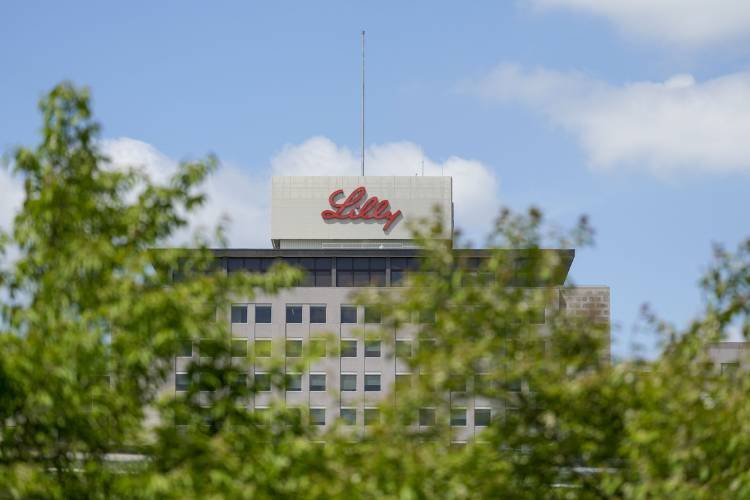After a previous setback when the FDA withheld approval for mirikizumab in ulcerative colitis due to manufacturing issues, Eli Lilly’s drug is now making significant progress with positive results in a phase 3 study for Crohn’s disease.
In the VIVID-1 study, the interleukin-23p19 antagonist successfully met both primary endpoints and all major secondary endpoints, as announced by Lilly. These results will form the foundation for regulatory submissions targeting Crohn’s disease in the coming year.
Also Read: AbbVie’s Skyrizi Beats J&J’s Stelara In Crohn’s Disease Showdown
During the study, Lilly’s drug helped 54.1% of participants achieve clinical remission by week 52, compared to 19.6% for those on a placebo. However, it didn’t demonstrate superiority in the endoscopic response measure when compared to Johnson & Johnson’s widely recognized immunosuppressant, Stelara (ustekinumab). Nevertheless, Lilly noted that mirikizumab’s results were “numerically higher” than its J&J counterpart.
Lilly is preparing to seek approval for Crohn’s disease in 2024, with plans to submit marketing applications to the FDA and other regulatory agencies.
While mirikizumab has received approval for ulcerative colitis in the United Kingdom, Japan, Germany, and Canada, the company is determined to make a comeback in the United States following the FDA’s rejection in April. The FDA’s decision was based on manufacturing concerns identified during a pre-approval inspection. At the time, a Lilly spokesperson stated that the company was in discussions with the agency to determine the necessary steps and timeline for addressing these concerns.





























